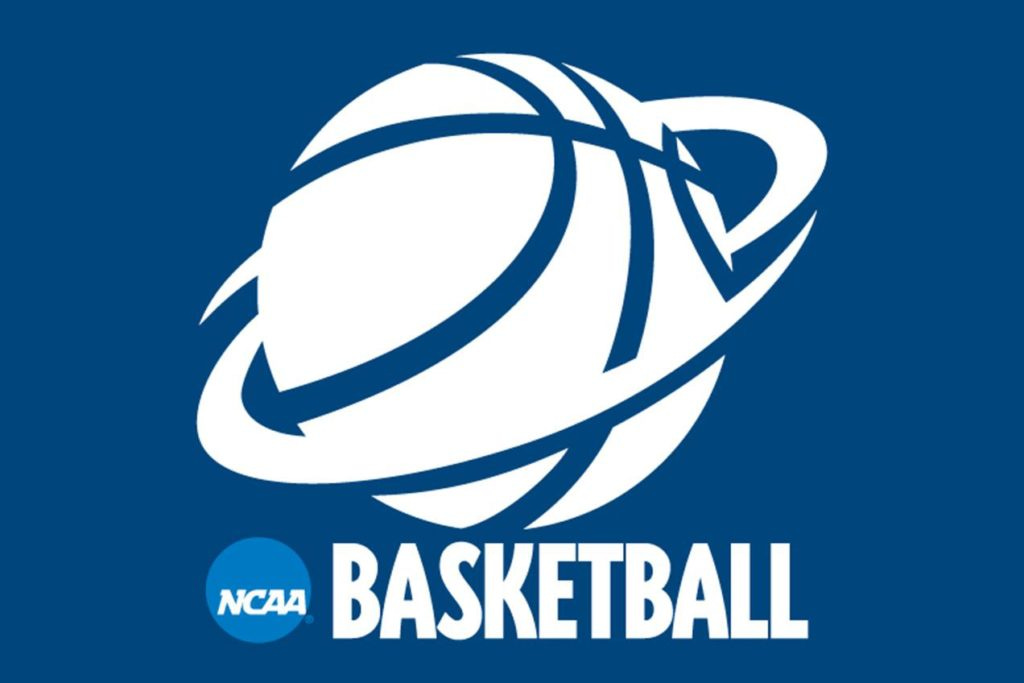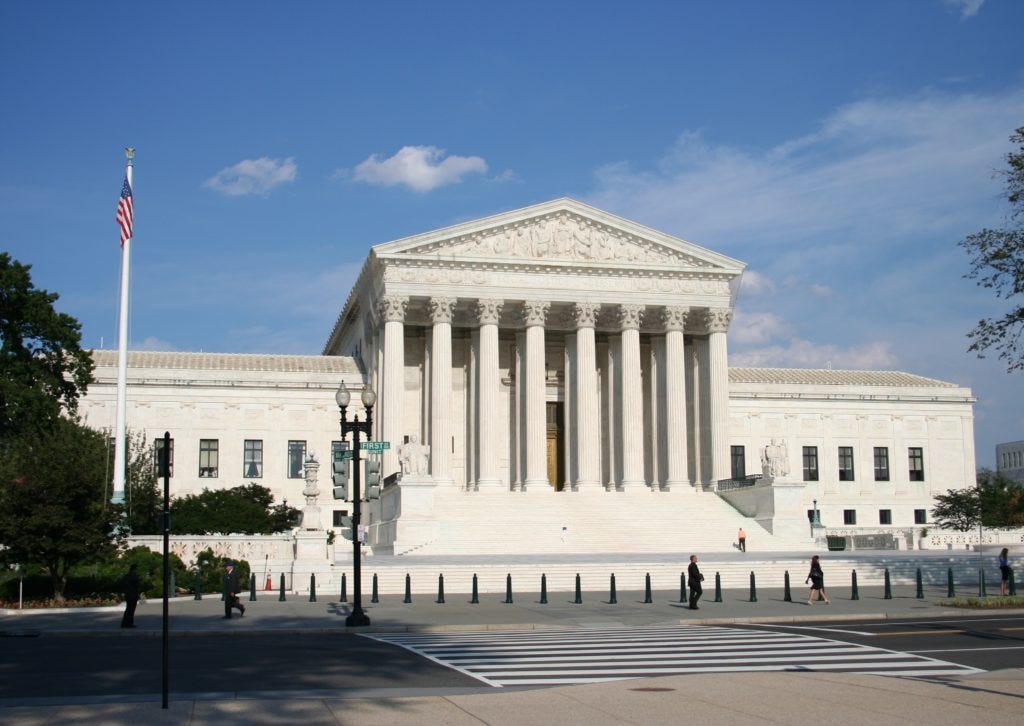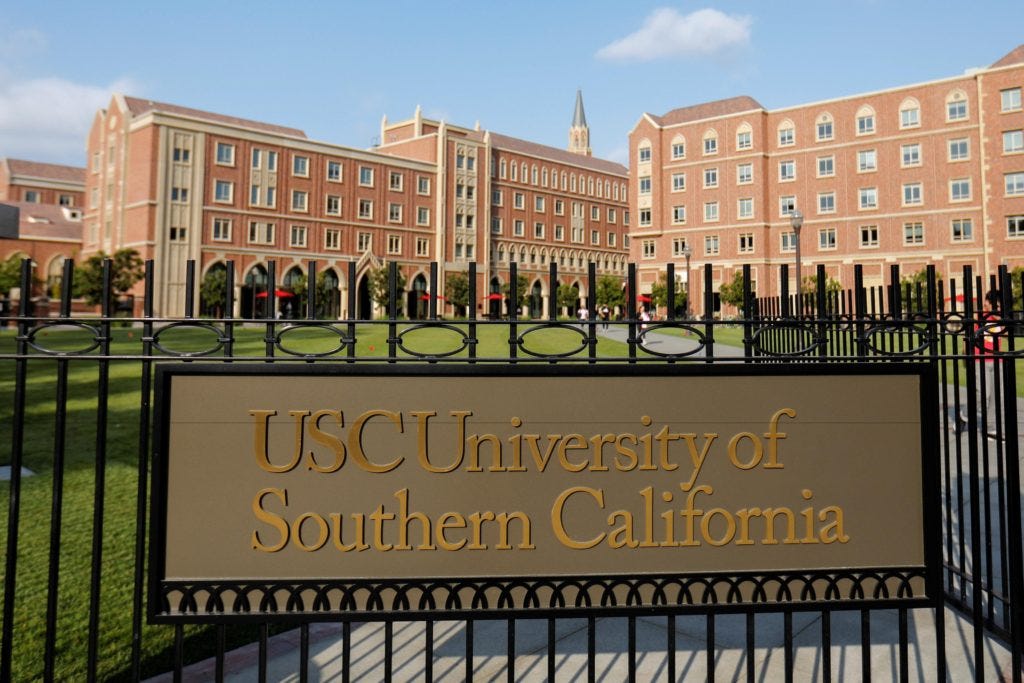Bridgegate Decision Looms over NCAA and Varsity Blues Cases
One year ago the Supreme Court decided the “Bridgegate” case, Kelly v. United States, limiting the reach of federal fraud laws. It was immediately apparent that Kelly posed a potential threat to some major ongoing fraud prosecutions, including the NCAA recruiting scandal and the “Varsity Blues” college admissions scandal. I criticized both of those prosecutions before Kelly was decided. Now, as challenges work their way through the lower courts, those cases face serious threats from Kelly – and could result in the Supreme Court stepping in once more.
The Bridgegate Decision
In 2013 the Democratic mayor of Fort Lee, NJ refused to endorse Republican governor Chris Christie for re-election. Christie’s deputy chief of staff Bridget Anne Kelly and others conspired to punish the mayor by closing two of the three inbound lanes from Fort Lee onto the George Washington bridge, causing massive traffic jams for several days. They falsely claimed that the lanes were closed for a traffic study.
Kelly and her co-defendant William Baroni were convicted of federal fraud. Prosecutors charged they had defrauded the Port Authority, the government entity that controls the bridge, in two different ways: by “commandeering” the bridge lanes to further their scheme, and by depriving the Port Authority of the wages it paid to the workers who were necessary to carry it out.
In a unanimous opinion in May of last year, the Supreme Court threw out the fraud convictions. It began by noting that federal fraud requires a deprivation of money or property. That requirement was fatal to the government’s theory about commandeering the bridge lanes. The Court held the defendants did not deprive the Port Authority of its property interest in the lanes. They merely decided how use of the lanes would be allocated and which drivers had the right to access them at a particular time. Those “intangible rights of allocation, exclusion, and control,” the Court held, do not create a property interest.
The Court also rejected the theory based on the wages paid to the bridge workers. The object of a fraud scheme must be to obtain money or property; here the object of the scheme was to create a traffic jam as political retribution. The wages were not obtained by the defendants and were merely “an incidental byproduct of the scheme,” not the object of the scheme itself. As a result, even though those costs to the victim were foreseeable, they could not form the basis of a fraud conviction.
Kelly thus highlighted two characteristics of federal fraud that are keys in the NCAA and Varsity Blues prosecutions: 1) a fraud scheme must seek to deprive the victim of property, not something else; and 2) deprivation of that property must be the object of the scheme, not merely an incidental result.
Kelly and the NCAA Prosecution
The NCAA case involves corruption in college basketball recruiting. (I wrote about the case on the blog here and here, and in the Washington Post here.) James Gatto, a marketing director for Adidas, and two co-defendants were prosecuted for secretly paying the families of star high school basketball players in exchange for their agreement to attend particular universities whose athletic programs were sponsored by Adidas. These payments were not unlawful, but they did render the students ineligible under NCAA rules that forbid athletes from being compensated. If the payments were later discovered, the universities would be subject to fines and other sanctions from the NCAA.
Gatto and his co-defendants were convicted at trial, and last January those convictions were upheld by the Second Circuit Court of Appeals. That court held that Kelly does not require reversal of the convictions – but that conclusion seems dubious.
The government argues that the defendants defrauded the university “victims” in two ways. First, by helping the ineligible players attend the universities and obtain athletic scholarships, they deprived the universities of property in the form of the scholarship money. Second, by concealing the payments that rendered the athletes ineligible, they deprived the universities of information necessary to decide how to allocate their scholarship assets – a fraud theory known as depriving a victim of the “right to control” its property.
The Scholarship Money and the Object of the Scheme
When it comes to the scholarship money, Kelly suggests the government’s case is flawed because that money was not the object of the scheme. The defendants themselves, of course, did not obtain that money. The object of their scheme was to have the athletes play at the university in question so Adidas would benefit from the anticipated success of the sponsored basketball program. Any scholarship money (which the universities were going to pay in any event, either to these players or to someone else) was merely an incidental byproduct of the scheme.
The government repeatedly conflates the goal of having the student attend a particular university with the goal of having that student receive scholarship money. For example, in its supplemental brief to the Second Circuit on the impact of Kelly, the government argued that “the object of the scheme with which the defendants were charged was to cause players, in return for cash payments, to attend—and thus accept scholarships from— Adidas-sponsored schools.” (emphasis mine). It’s the “and thus” leap that’s the problem. Attending a school and accepting scholarship money are not the same, and the object of the defendant’s scheme was only the former, not the latter.
To illustrate, consider this hypothetical: John Smith, a star high school basketball player, is debating between attending school A and school B. School A is not sponsored by Adidas, but would offer Smith a full-ride scholarship to attend. School B is sponsored by Adidas but cannot offer a scholarship because all those funds are committed for the year. However, Smith has an uncle who is an alumnus of school B and would love for Smith to play there, and who offers to cover Smith’s tuition and expenses if he will attend school B.
On these facts, the defendants would pay Smith to attend school B, not school A. That’s because the object of the scheme is to have the star player at the school sponsored by Adidas, not to obtain the scholarship money. As long as Smith is at the right school, the defendants don't care whether he received scholarship money or paid for it some other way. And because the scholarship money was not the object of the scheme, the payment of that money cannot support a fraud conviction.
It's true that during the course of the scheme the universities paid scholarship money, just as it was true in Kelly that during the course of the scheme the Port Authority workers were paid. But as the Court emphasized in Kelly, just because someone spends money in the course of the scheme doesn't mean that money was the scheme's object. And although the value of the scholarship money was greater than the few days of wages paid to the workers, the amount of money isn’t the point; it’s the fact that the money, in whatever amount, was not the object of the scheme.
The Second Circuit addressed this issue in a rather perfunctory way. It asserted that the financial aid “was at the heart of the Defendants’ scheme,” but didn’t really grapple with the “object of the scheme” argument. It repeated the government’s error of essentially equating the goal of having a student attend a particular school with the goal of having that student receive scholarship money.
The “Right to Control” Theory
The government’s alternative theory is that Gatto and the other defendants deprived the universities of information necessary to allow them to decide how to spend their scholarship money. This argument rests on a controversial fraud theory known as “right to control.” That theory holds it is a fraud to deprive a victim of valuable information that would allow the victim to make informed economic decisions about his or her property. Courts that embrace the theory hold that the intangible right to decide how to use one’s property is itself a property interest.
The right to control theory has never been approved by the Supreme Court. The circuit courts of appeal are divided over whether it is valid. The Second Circuit, where the NCAA case is pending, has long recognized the theory. But other courts of appeal have rejected it and held that the intangible right to control one’s property is not itself a property interest.
The right to control theory was adopted by the lower courts in Kelly as an alternative basis to uphold the convictions. In overturning those convictions, the Supreme Court did not directly address the theory. But the opinion’s language suggests it would not fare well before the Court. Kelly squarely rejected the idea that the intangible rights of “allocation, exclusion, and control” of the bridge lanes created a property interest that could be the object of a fraud. That same idea -- depriving the victim of control of his assets -- is the basis of the right to control theory. And a scheme to withhold information about a victim’s property is not equivalent to a scheme to obtain the property itself.
The jury in the NCAA case was instructed that they could rely on the right to control theory to convict. The Second Circuit panel that upheld the convictions simply relied on Circuit precedent to hold that the right to control theory was valid. Despite compelling arguments from the defense in their supplemental brief, the Second Circuit did not address whether the right to control could survive Kelly. I don't believe it can.
Will the Supreme Court Weigh In Again?
After the Second Circuit upheld their convictions, Gatto and his co-defendants petitioned that court to stay its ruling – thus allowing them to stay out of jail – until they were able to petition for review by the Supreme Court. On April 30, in a surprising ruling, the Second Circuit agreed. The defendants’ petition for certiorari is due on August 10.
The percentage of petitions that the Supreme Court accepts for review is almost vanishingly small. So it’s significant that the Second Circuit itself recognized the issues raised by the NCAA case are serious enough that SCOTUS might want to take a look. In addition to questions about the scope of Kelly, the circuit split on the right to control theory makes that issue ripe for Supreme Court review.
Gatto and his co-defendants have some compelling arguments in addition to those discussed above. I’ve always thought one of the strongest is their lack of any intent to defraud. The law distinguishes between defrauding someone and merely deceiving them. Fraud requires an intent that the victim would be injured in some way if the scheme is successful. But these defendants had no intent to injure the university “victims” – quite the opposite. They were trying to help them get the best basketball players in the country. And the defendants would only benefit from the scheme if the universities also benefited – they were all on the same team. The defendants may have conspired to deceive the universities about violations of the NCAA rules, but they didn't conspire to defraud them.
A final interesting wrinkle is that just last week the Supreme Court decided another case involving the NCAA. In NCAA v. Alston the Court unanimously found that the NCAA rules limiting the amount of education-related benefits schools may provide to student athletes violate federal antitrust laws. The overall tone of the opinion is decidedly hostile to the NCAA and its rules governing student athletes. In particular, Justice Kavanaugh wrote a stinging concurrence harshly critical of the student compensation rules and noting that “The NCAA is not above the law.”
Alston is not a criminal case and is not directly on point. But it suggests the Court may not look kindly upon a case that effectively makes a mere violation of the NCAA compensation rules the basis for a criminal prosecution.
The Varsity Blues Investigation
The Varsity Blues case is the massive college admissions scandal involving dozens of parents and coaches. (I wrote about the investigation on the blog here and here, and in the Washington Post here.) The mastermind of the scheme was admissions counselor Rick Singer, who helped parents cheat in order to get their children into elite universities. There were two different schemes involved. In the first, Singer would bribe proctors administering the SAT or ACT college admission exams in order to allow Singer's co-conspirator either to take the exam for the student or to correct the student’s answers. In the second scheme, Singer would arrange for parents of high school students to make substantial payments either to a university athletic program or to Singer’s own sham foundation, and then would bribe coaches to admit those students as recruited athletes even though they were not qualified.
This investigation has been chugging along for a couple of years now, and many defendants have already pleaded guilty. But some are heading to trial, and as the cases proceed the impact of Kelly is being felt.
The fraud charges in the Varsity Blues cases allege two different deprivations of property. The parents generally paid full tuition, so (unlike the NCAA case) property in the form of scholarship money is not at issue. Instead, the government alleges that the defendants defrauded the testing companies of their property in the form of accurate student test scores. It also alleges they defrauded the schools of their property interest in their admissions slots by causing them to admit unqualified students. Both of these theories are called into question by Kelly.
The test scores theory seems particularly weak. It’s difficult to see how the testing companies have a property interest in the accurate scores of any particular student. A property interest is typically something of value that one can exclusively control and enjoy and potentially transfer to others. There is no market for test scores; they are not bought and sold. There may have been harm to the integrity of the testing process itself, but that seems like an intangible business interest that would not constitute property.
As for admissions slots, those definitely are valuable to the colleges, but it’s less clear they qualify as property as the Supreme Court has defined it. Again, they are not something routinely sold or traded in a commercial sense. The harm to the colleges also seems more like a harm to the integrity of their admissions process, not to any identifiable property interest.
The Varsity Blues cases are divided up among several different judges in the District of Massachusetts, and they have already reached different conclusions concerning the effect of Kelly. Back in June of last year in a case involving multiple Varsity Blues defendants, United States v. Sidoo, et al, Judge Gorton rejected a challenge to the indictment based on Kelly. Judge Gorton held that the admissions slots to universities are property interests for purposes of mail and wire fraud. He also held that the integrity of their testing process amounts to a property interest of the companies that administer the SAT and ACT exams.
But in a different Varsity Blues case last November, United States v. Ernst, Judge Talwani of the same court reached the opposite conclusion. She concluded that the case is really about harm to the integrity of the admissions process, which is not property under the fraud statutes. And last month in yet another Varsity Blues case, United States v. Khoury, the defendant urged yet another judge, Judge Casper, to find that college admissions slots don’t qualify as property. Judge Casper’s decision is still pending.
The Varsity Blues cases seem to fit more comfortably under a “right to control” theory: the universities were deprived of information about the students’ true qualifications, which would have been important to them in deciding how to allocate their admission slots. But the First Circuit Court of Appeals, which includes Massachusetts, has never explicitly approved that theory – which may explain why prosecutors are not emphasizing it. (In her decision, Judge Talwani did consider the right to control as an alternative and ruled that it did not apply.)
Kelly will not resolve all of the charges in the Varsity Blues cases. The different cases vary widely in their facts and legal issues raised. There are other charges, such as honest services fraud, not affected by Kelly. I continue to believe that some of the parents are going to have a strong defense by claiming a lack of knowledge of the details of Singer’s scheme. And as I explained here, I also still believe the money laundering and conspiracy charges in some of the cases are flawed. But with different Massachusetts district judges reaching different conclusions, the Kelly issues are destined for review by at least the First Circuit.
I continue to believe that both the NCAA and Varsity Blues prosecutions are, at best, marginal fraud cases and a poor use of prosecutorial resources. Kelly provides the defendants in those cases with some important new tools to persuade the courts that the cases are legally flawed.
Like this post? Click here to join the Sidebars mailing list






